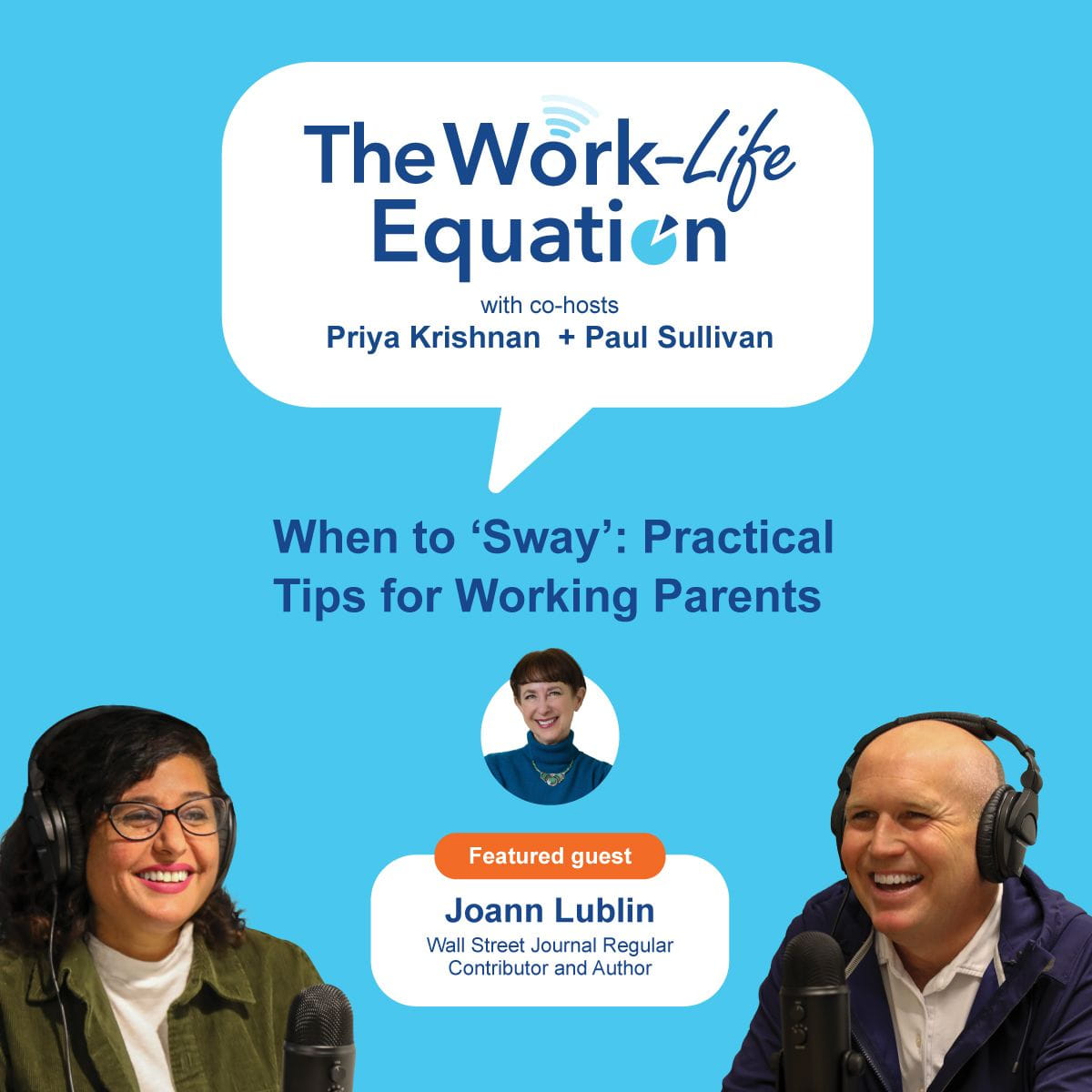Jenna Fisher, author of To the Top, has spent the last twenty years helping women navigate the leadership track, so we couldn’t wait to hear her advice.
“When you think about the fact that women constitute 71% of high school valedictorians, over half of college grads, over half of graduate school grads, and yet only 12% of CEOs are women, I just feel like that's shameful,” Jenna says. “It's a loss to our companies, our country, and our society. We need to do better.”
So how can women achieve career growth in light of these shameful statistics?
Be yourself at work
According to Jenna, a common differentiator among women who “make it to the top” is that they’re authentic.
“Decades ago, the conventional wisdom was that if you were a woman, one of the very few in the corporate world at the top or near the top, you had to almost be a man, if you will, or act like a man or look like a man to continue to be successful,” Jenna says. “But now we see that actually, it's much more helpful to be yourself, because people do want to be led by authentic leaders, and they do want people to show them what they're really like as humans. And that ultimately engenders so much more loyalty and success as a leader.”
Research indicates the best leaders possess humility, vulnerability, authenticity, empathy, and great emotional intelligence skills, so Jenna advises women to lean into these attributes.
“I don’t think people want to work for a robot or an automaton. They want to work for a real human who can empathize with what they're going through,” Jenna says.
Find a career sponsor
Jenna shares that almost all of the successful women she’s interviewed have had at least one career sponsor.
However, it’s important to create a clear distinction between a mentor and a sponsor.
While many women have professional mentors, fewer women experience meaningful sponsorship.
Mentors are often peers, bosses, or friends who help inspire and challenge you, but they don’t always have influential power.
Jenna describes sponsors as “people who will be your advocate, [and] talk you up when you're not in the room. It's the people who are looking out for your best interests, who want to make sure you're given good opportunities.”
Creating a relationship with a sponsor can be challenging, but tapping into your company’s network and creating transparency around your work will help you build organic connections with influential people.
For more of Jenna’s advice for women looking to grow their careers, listen to her full conversation with Priya and Paul on The Work-Life Equation podcast.




